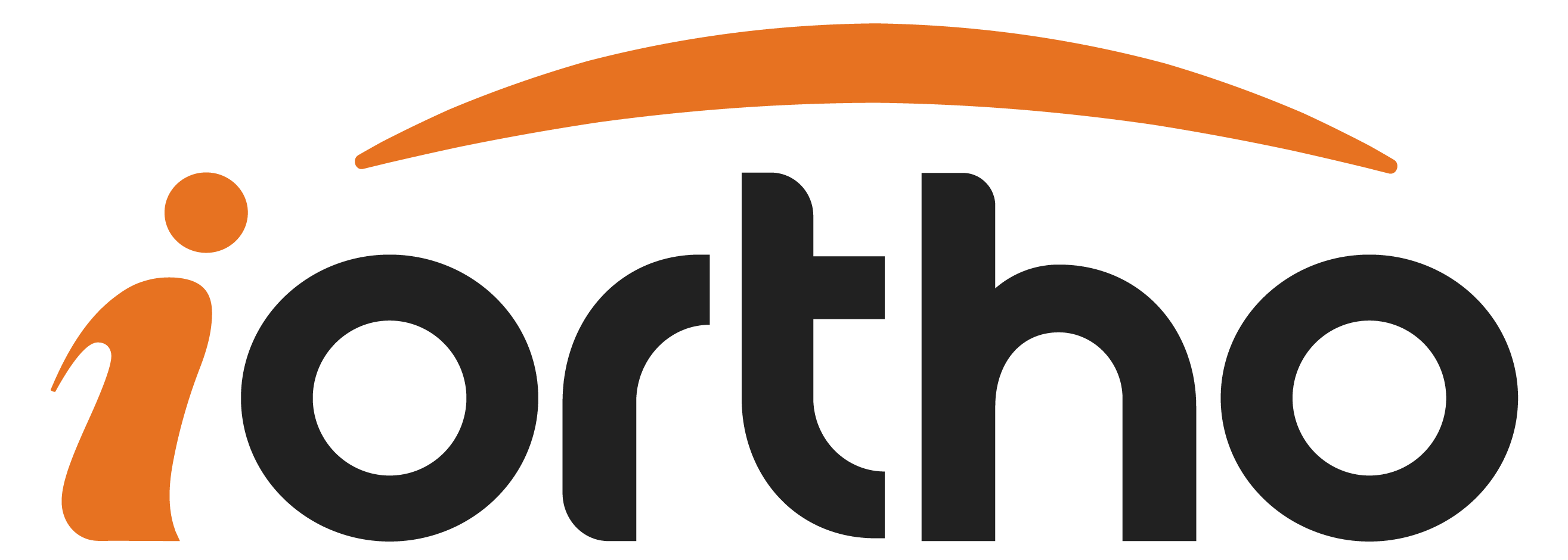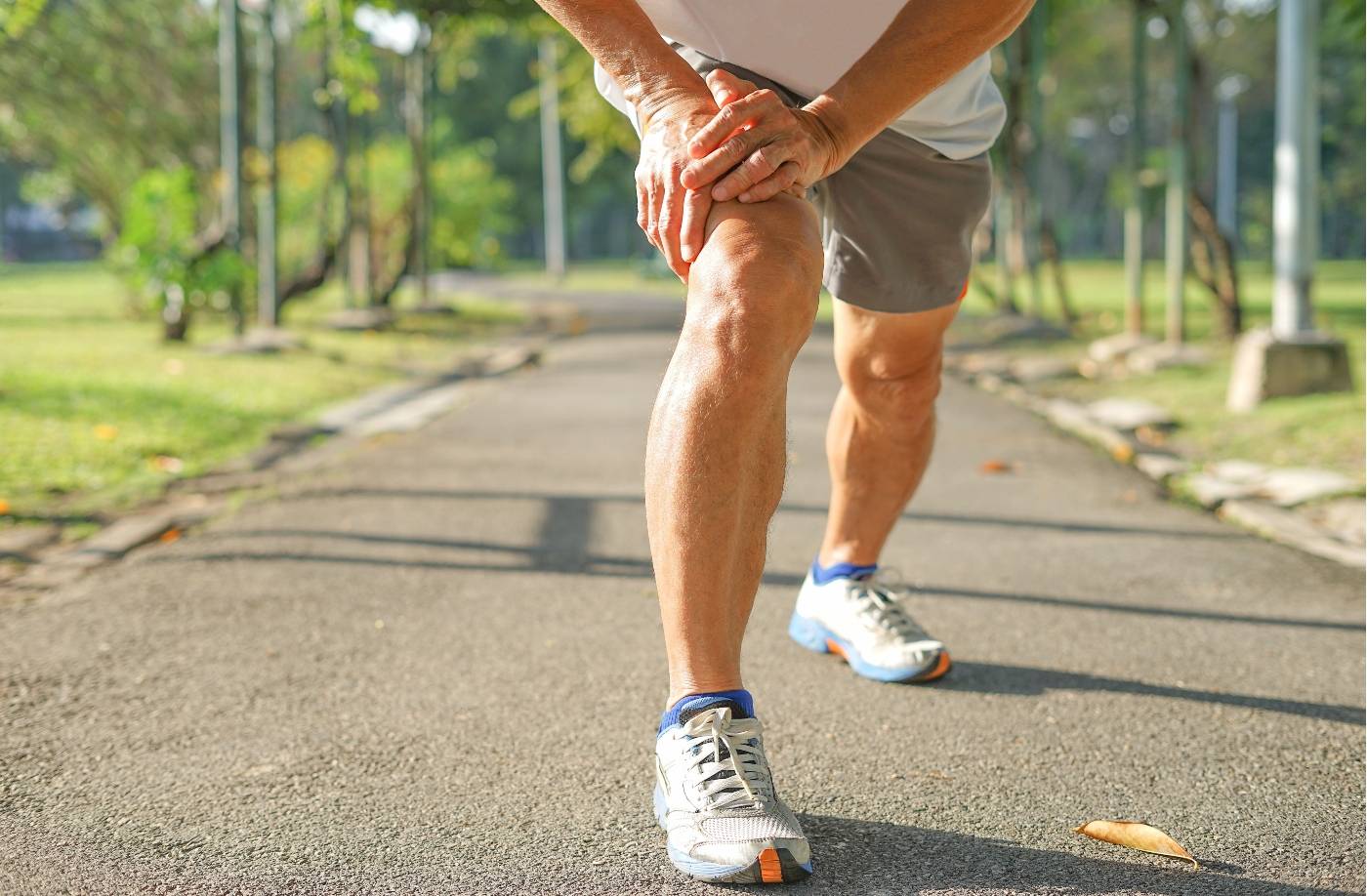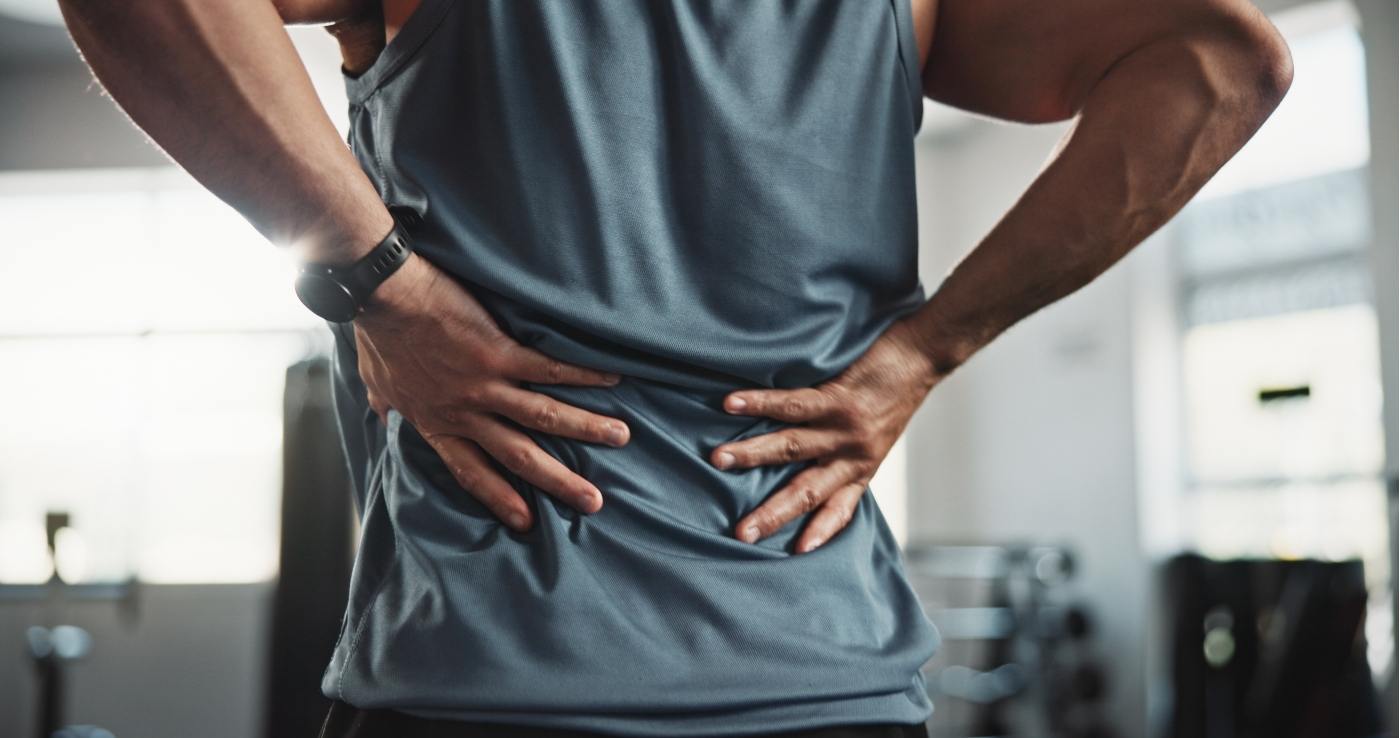Epicondylitis, commonly known as Golfer’s Elbow, is a form of tendonitis that causes pain and inflammation on the medial side of the elbow over the medial epicondyle. This condition is often caused by overusing the muscles in your forearm that allow you to grip, rotate your arm, and flex your wrist. Repetitive flexing, gripping, or swinging can lead to pulls or tiny tears in the tendons, resulting in discomfort and pain. Key symptoms include:
Stiffness in the Elbow: A common sign is stiffness, particularly when trying to move your elbow or extend your arm.
Tenderness and Pain: Tenderness and pain may be felt on the inside of your elbow or forearm, often worsening with specific movements.
Pain with Certain Movements: Actions such as making a fist, gripping objects, or swinging can exacerbate the pain.
Weakness in Hands and Wrists: The condition can lead to a noticeable weakness in your hands and wrists, affecting your grip strength and overall arm function.
If you are experiencing symptoms of Golfer’s Elbow, it is essential to seek professional medical advice for a proper diagnosis and treatment plan. Here are some common approaches to treating this condition:
Rest and Activity Modification: Reducing or avoiding activities that exacerbate pain is crucial. This allows the tendons to heal and prevents further damage.
Ice Therapy: Applying ice to the affected area can help reduce pain and inflammation. Ice therapy is particularly useful immediately after activities that cause discomfort.
Physical Therapy: Targeted physical therapy exercises can strengthen the forearm muscles, improve flexibility, and promote healing. Our experienced physical therapists at iOrtho will guide you through exercises tailored to your specific needs.
Bracing: Using a brace or splint can provide support to the affected area and reduce strain on the tendons.
Injections: In some cases, corticosteroid injections may be recommended to reduce inflammation and alleviate pain.
Surgery: If conservative treatments do not provide relief, surgical intervention may be considered. Our orthopedic surgeons are skilled in performing minimally invasive procedures to repair damaged tendons and restore function.
Recognizing the symptoms of Golfer’s Elbow early and seeking professional treatment can significantly improve your recovery and prevent further complications. At iOrtho, our team of board-certified orthopedic specialists are committed to helping you manage and treat Golfer’s Elbow effectively. Contact us today to schedule an appointment and learn more about your treatment options.





